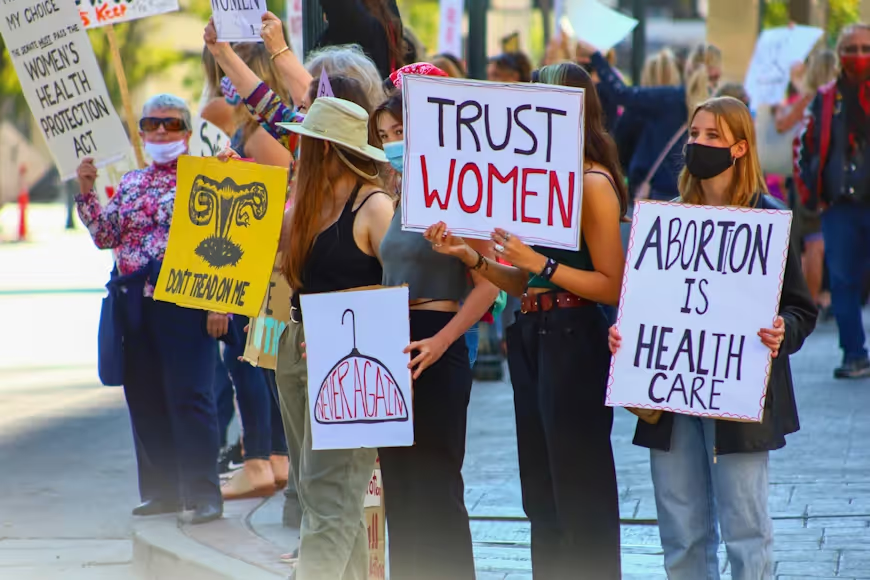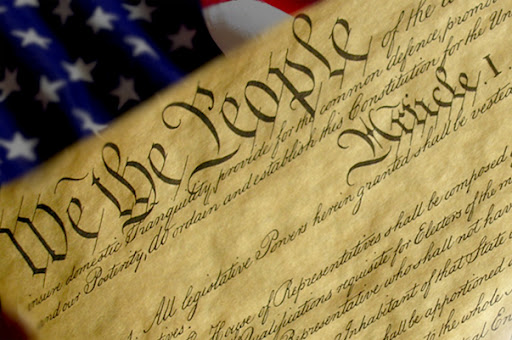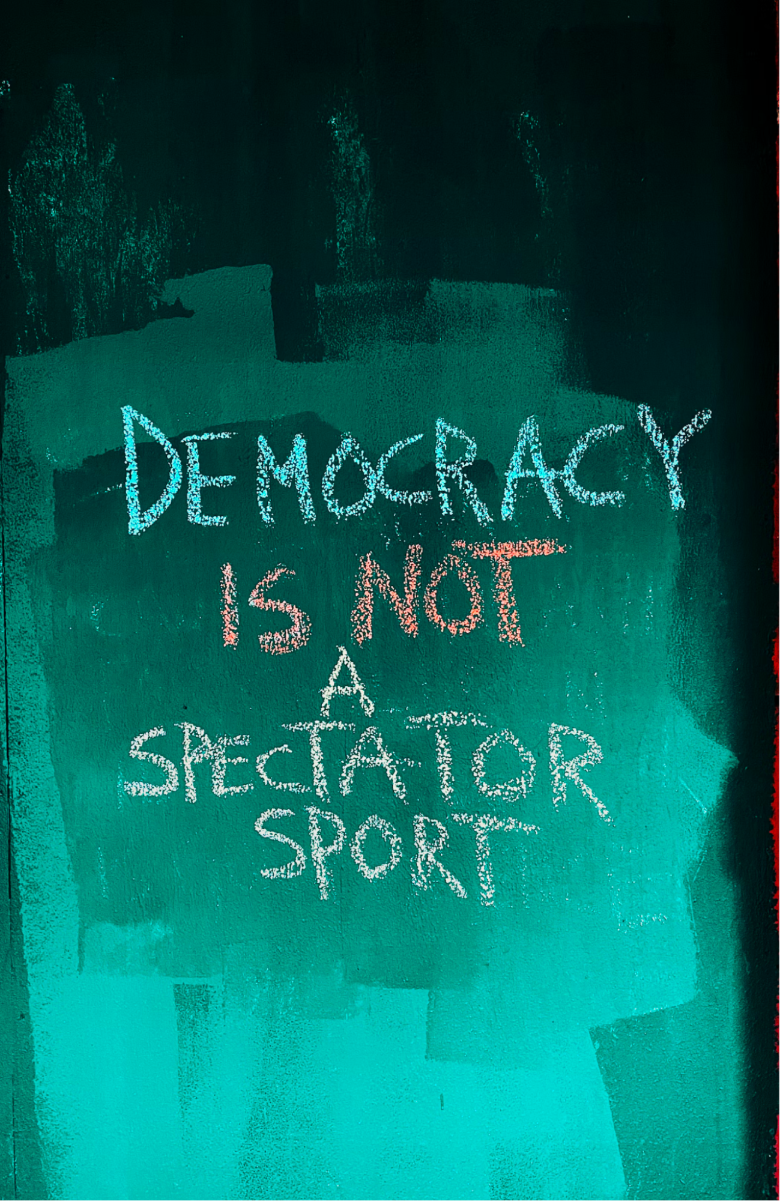
Analysis
What Project 2025 Tells Us the Trump Administration Will do Next to Limit Access to Reproductive Healthcare
The views and beliefs expressed in this post and all Interfaith Alliance blogs are those held by the author of each respective piece. To learn more about the organizational views, policies and positions of Interfaith Alliance on any issues, please contact [email protected].
Project 2025 is a federal policy blueprint published in 2023 by then-former Trump administration officials and far right policy professionals, organized by The Heritage Foundation. The 920-page document outlines a detailed policy agenda designed to establish an authoritarian government while curbing civil rights protections. In particular, it is interested in restricting access to abortions and other forms of reproductive healthcare.
Project 2025 calls for the administration to “work with Congress to enact the most robust protections for the unborn…while deploying existing federal powers to protect innocent life and vigorously complying with statutory bans on the federal funding of abortion,” indicating that a total abortion ban is the ultimate aim of this policy agenda. The Trump administration has been trying to meet this goal by implementing a host of policies that make reproductive healthcare inaccessible across the country.
Despite the broad swath of policies that have been implemented already, less than half of Project 2025’s reproductive health agenda has been implemented. The Trump administration is still seeking to make broad policy changes, including withdrawing funding from states that require coverage of abortions, revoking FDA approval for mifepristone, and promoting a pro-life research agenda that “explores the harms” of abortion. Some of these policies are detailed below:
- Stop or limit programs that provide contraception and promote fertility awareness for “family planning.”
- The administration is rerouting birth control funds to “infertility training centers” that offer “holistic” methods of combatting infertility, such as “body literacy education” and “fertility awareness,” shifting resources away from contraceptives towards encouraging women to become pregnant.
- Withdraw Biden-era guidance that strengthened HIPAA protections for reproductive healthcare.
- In Purl v. DHHS, Judge Kacsmaryk vacated the 2024 HIPAA rule that protected an individual receiving reproductive healthcare such as an abortion from facing civil or criminal charges.
- Rescind guidance that requires hospitals to perform an abortion to save a woman's life under the Emergency Medical Treatment and Labor Act.
- The Trump administration rescinded the guidance, meaning that hospitals can now legally turn women in need of an abortion away from medical care.
- Clarify that no employer is required to provide accommodations for abortion.
- A federal judge ruled that abortion is not covered by the Pregnant Workers Fairness Act, meaning that employers are not required to cover the procedure or provide accommodations for anyone receiving an abortion and can take adverse employment actions against anyone receiving an abortion.
- Prohibit travel funding for service members and dependents for travel to states where abortion and other reproductive health procedures are legal.
- The Pentagon issued a memo stating that reimbursements for travel would end immediately, meaning that servicemembers stationed in states with abortion bans no longer have access to reproductive healthcare services.
- Reverse prohibitions on healthcare discrimination based on pregnancy (to cover abortion).
- Trump revoked Biden's executive order that banned discrimination based on “pregnancy or related conditions”.
- Enforce the Hyde amendment, which bans any federal funds from being used for abortions, abortion counseling, or similar services.
- Trump issued an executive order instructing the Director of the Office of Management and Budget to provide guidance to the heads of executive departments and agencies to enforce the amendment.
- Limit enforcement of the FACE Act, which makes it illegal to harm, threaten or interfere with an individual “obtaining or providing reproductive health services” or damage a facility "because such facility provides reproductive health."
- The DOJ has directed federal prosecutors to limit enforcement of the FACE Act except in “extraordinary circumstances or in instances when death, wherein extreme bodily harm or significant property damage result.”
Now, more than ever, it is critical to take a stand to ensure that more of these harmful policies are not enacted. People seeking healthcare should be free to make decisions based on their own beliefs and circumstances, not the religious views of their doctor or legislators. Project 2025 denies Americans that ability by forcing a particular religious belief on all Americans at the cost of people’s health. By fighting for reproductive healthcare, we fight for the religious freedom all Americans are entitled to.
Transcript

Pluralism is Democracy in Action
On July 4, America will mark 250 years since the signing of the Declaration of Independence. That day in 1776, the nation’s founders put forward a bold vision for a new democratic experiment, one rooted in shared values, with power derived from the people rather than imposed by a monarch or religious authority:


